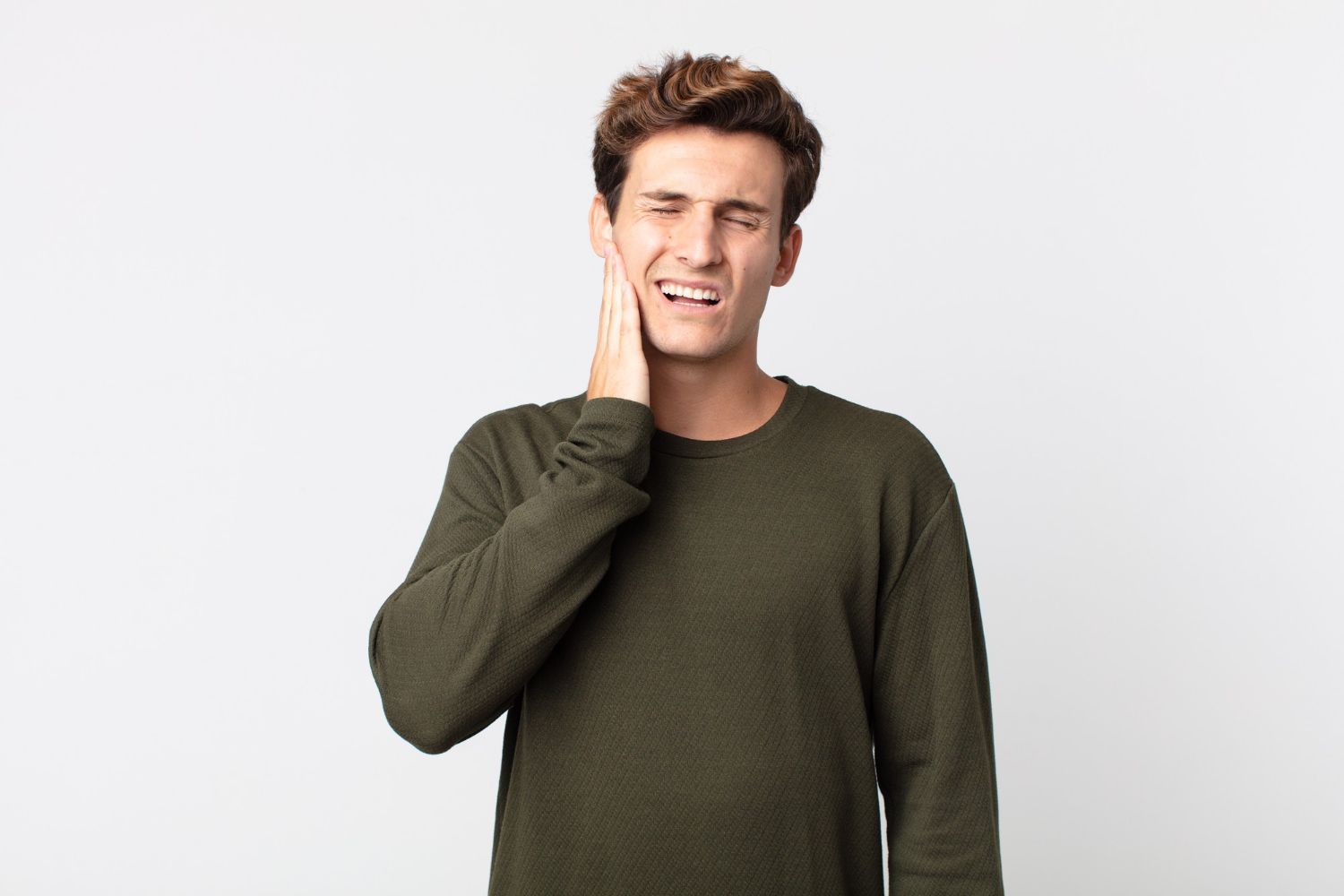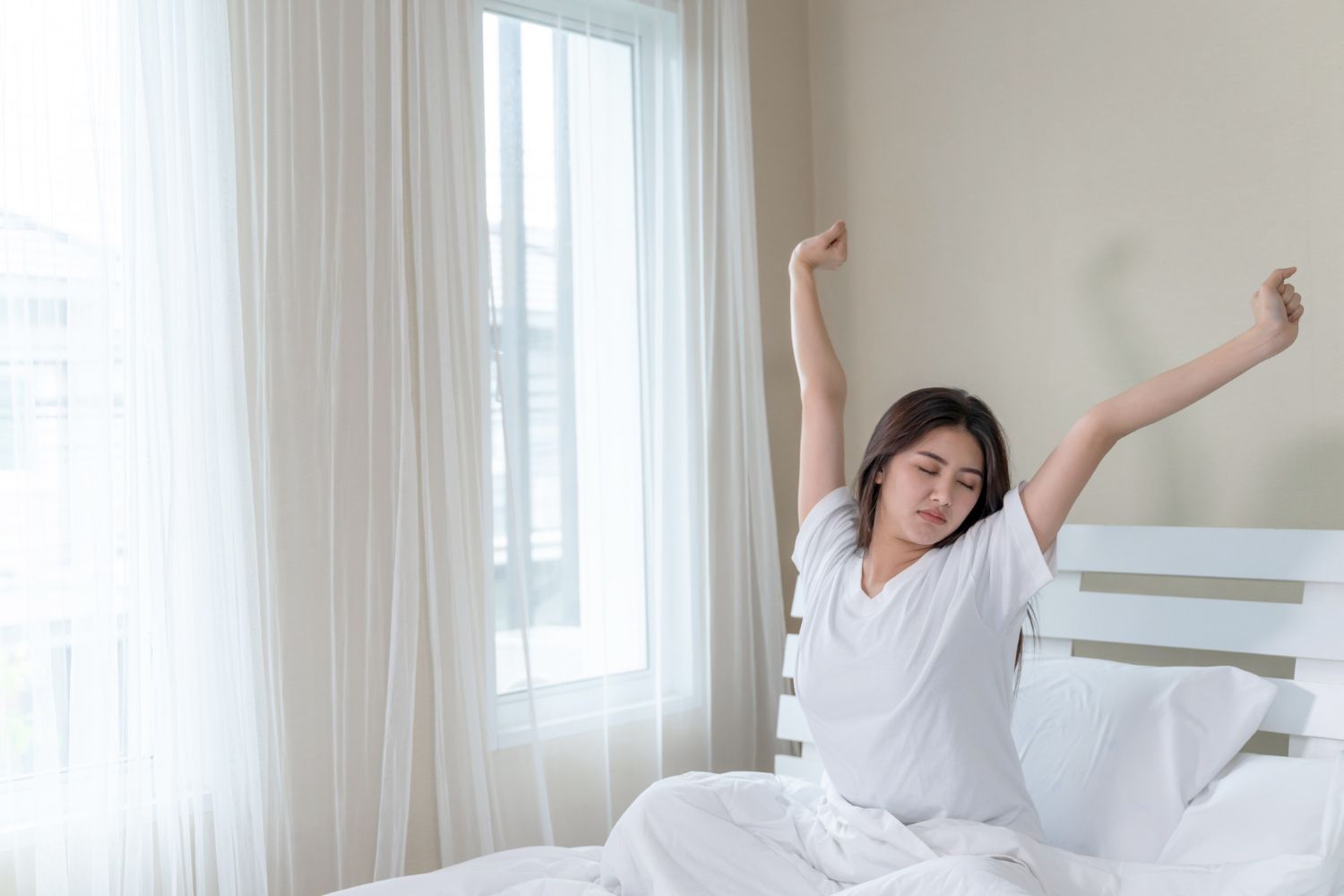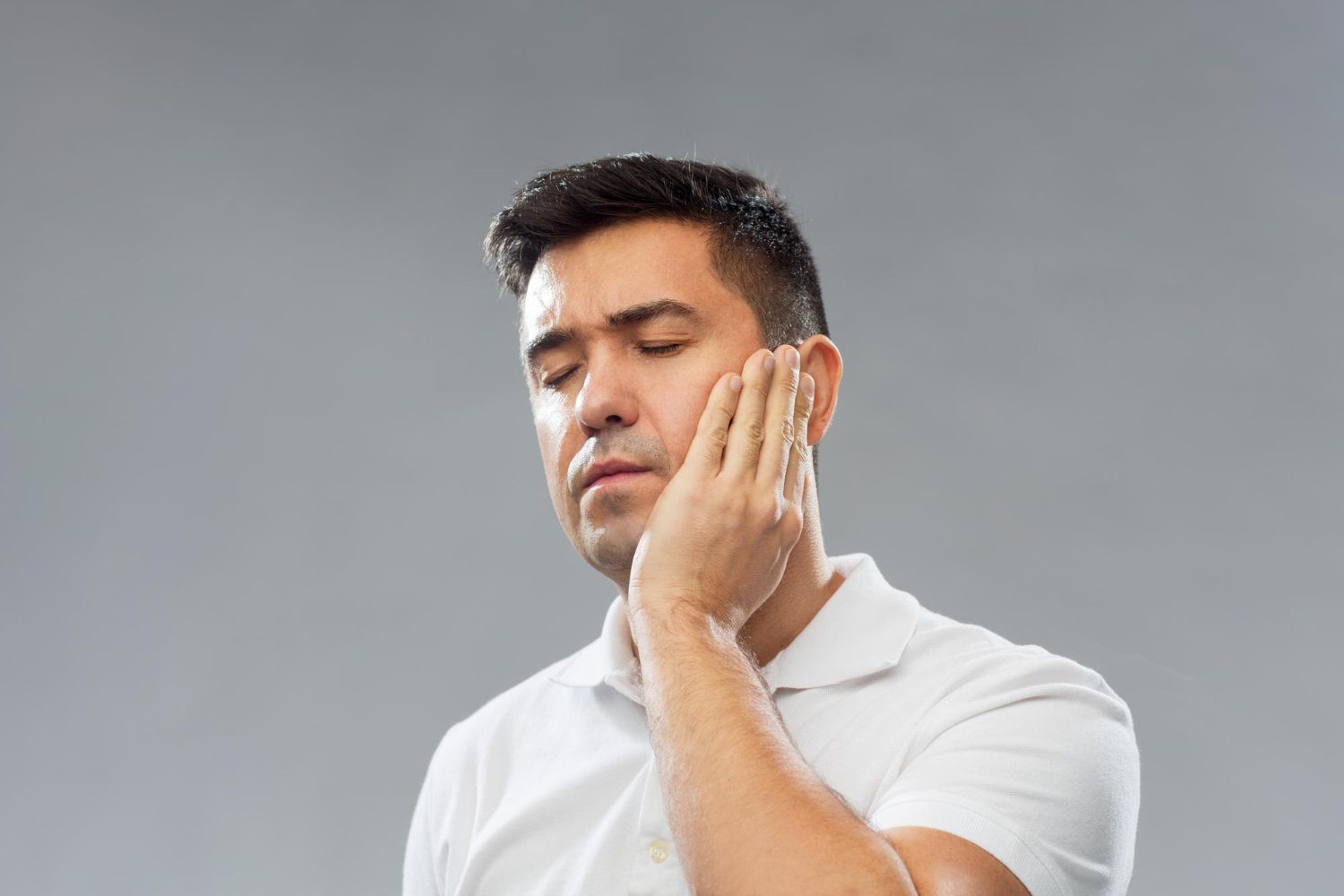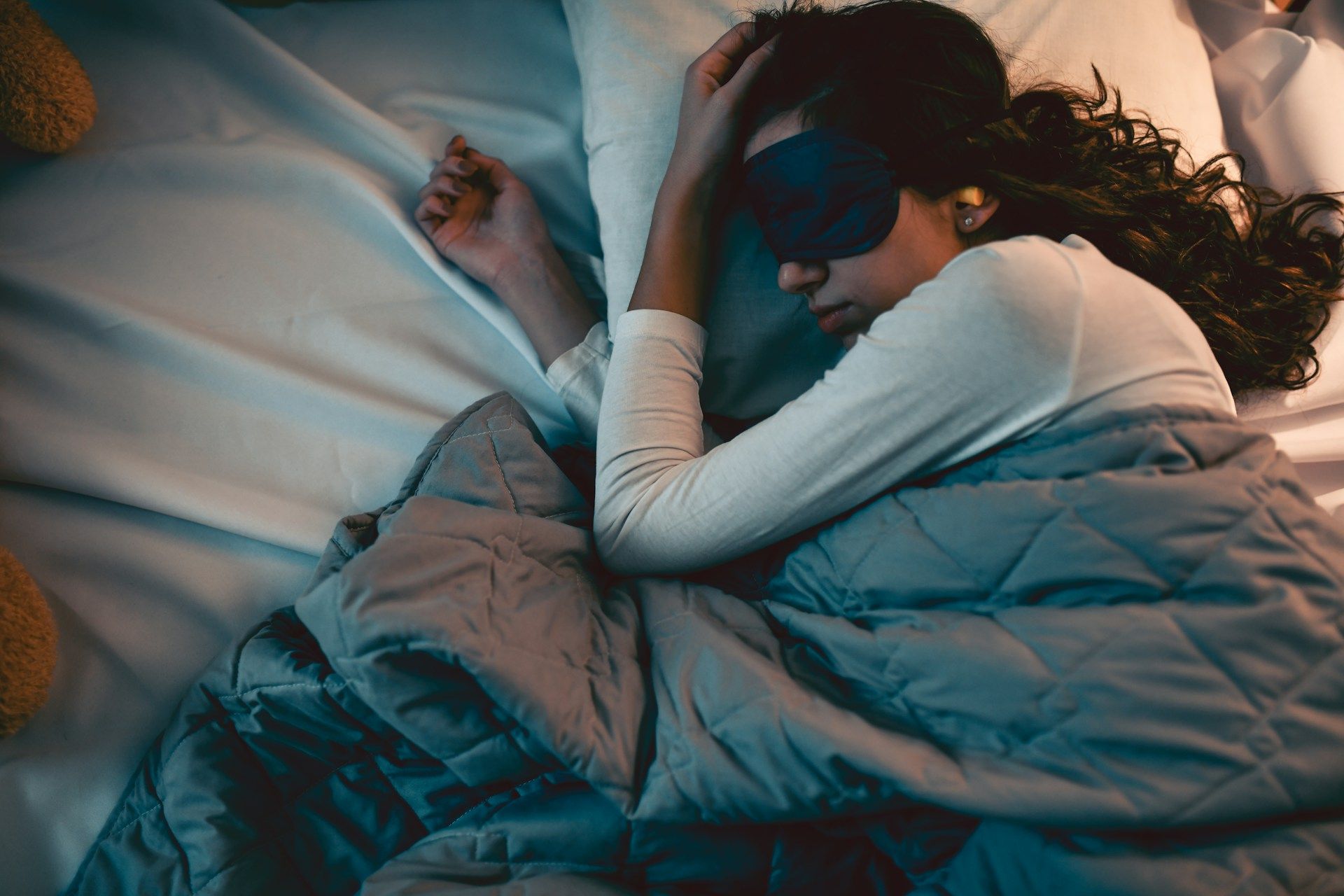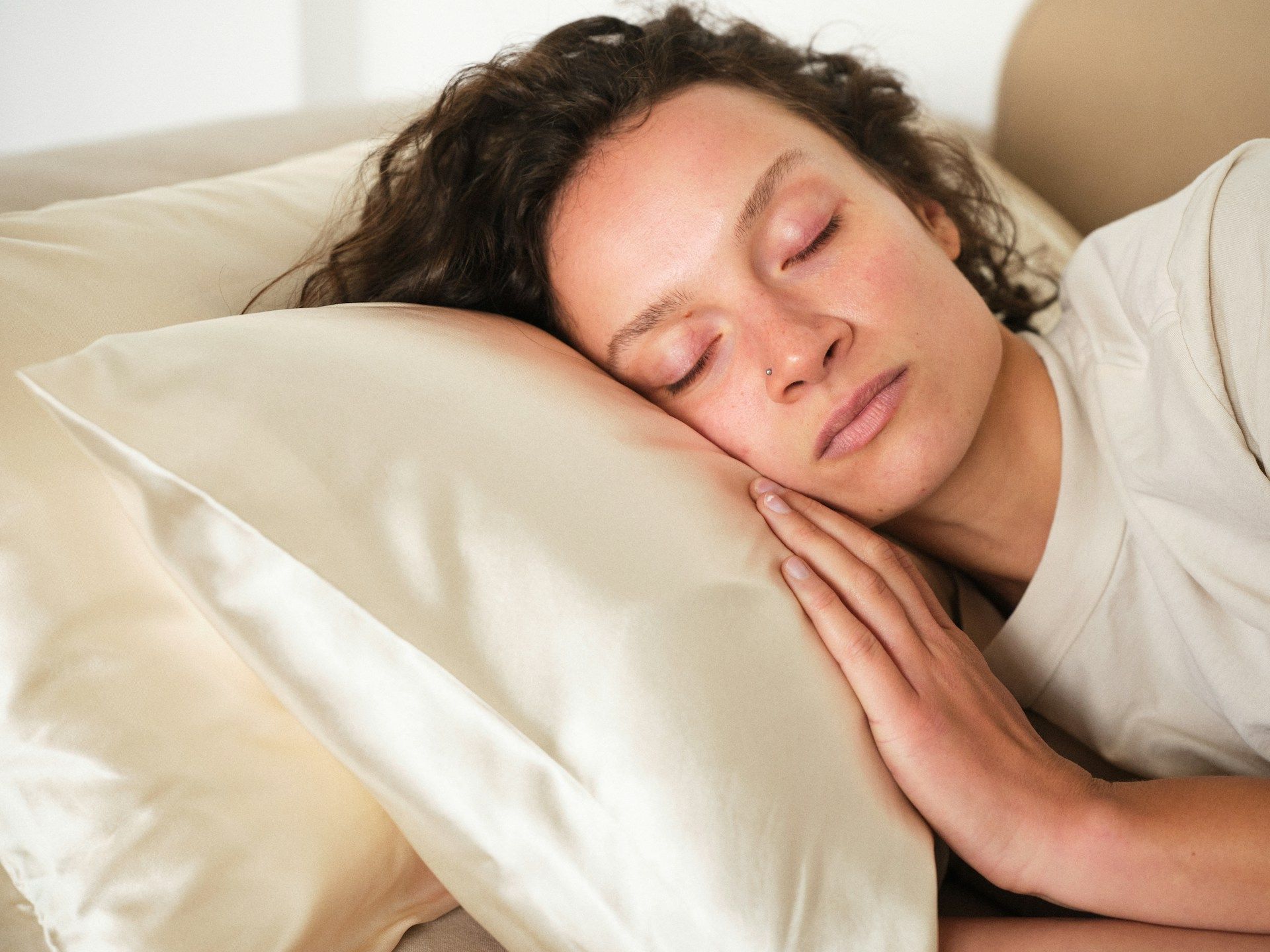Pediatric Sleep Apnea: Signs, Risks, and Treatment Options for Children and Adolescents
At The Center for Sleep Apnea and TMJ in Meridian, ID, we strive to provide comprehensive care aimed at treating various sleep disorders, including sleep apnea. While sleep apnea is widely recognized and discussed within the context of adult patients, many individuals are unaware that children and adolescents can also be affected by this sleep disorder. Pediatric sleep apnea, although not as common as adult sleep apnea, can be just as disruptive and harmful to a child's overall health and well-being. Therefore, understanding the signs, risks, and treatment options available for pediatric sleep apnea is vital for parents and healthcare providers alike.
Similar to adult sleep apnea, pediatric sleep apnea is characterized by repeated interruptions in breathing during sleep. In children, the primary cause of sleep apnea is usually enlarged tonsils or adenoids that obstruct the airway. However, there are other contributing factors and causes, such as obesity or neuromuscular disorders. Pediatric sleep apnea can severely impact a child's growth, development, and quality of life, with consequences ranging from poor academic performance to more serious health risks.
In this article, we will discuss the intricacies of pediatric sleep apnea, focusing on its signs and symptoms, common risks and complications, and the variety of treatment options available at The Center for Sleep Apnea and TMJ in Meridian, ID. Our aim is to educate and empower parents and caregivers with the knowledge needed to identify this sleep disorder and seek appropriate care.
Signs and Symptoms of Pediatric Sleep Apnea
One of the first steps in tackling pediatric sleep apnea is understanding the signs and symptoms that may indicate its presence. While some symptoms are similar to those experienced by adults, several others are unique to children. Parents and caregivers should be on the lookout for the following symptoms:
1. Snoring: While occasional snoring might not be uncommon in children, loud and consistent snoring can be a potential sign of obstructive sleep apnea.
2. Gasping or choking during sleep: This could indicate that the child's breathing is interrupted.
3. Mouth Breathing and Restless Sleep: Children with sleep apnea often tend to breathe through their mouths and may exhibit restless movements during sleep.
4. Night Sweats: Sleep apnea can lead to increased sweating during sleep.
5. Bedwetting: Children with sleep apnea have a higher chance of experiencing nighttime enuresis (bedwetting), even if they have previously been toilet trained.
6. Daytime Sleepiness: A child with disrupted sleep may exhibit signs of sleepiness, grogginess, or fatigue during the day.
7. Behavioral and Cognitive Issues: Untreated sleep apnea can lead to difficulty concentrating, irritability, and a decline in academic performance.
Risks and Complications Associated with Pediatric Sleep Apnea
When left untreated, pediatric sleep apnea can result in a wide range of risks and complications, affecting various aspects of a child's overall health and development:
1. Growth Problems: Sleep apnea can interfere with the release of growth hormone, potentially leading to growth problems in children.
2. Developmental Delays: Disrupted sleep may contribute to delays in cognitive and emotional development.
3. Behavioral Challenges: Children with sleep apnea might exhibit increased irritability, mood swings, and poor impulse control, leading to difficulties in school or social settings.
4. Cardiovascular Issues: Untreated sleep apnea can place additional stress on the cardiovascular system, raising the risk of high blood pressure and heart problems.
5. Quality of Life: Overall, pediatric sleep apnea can significantly decrease a child's quality of life, affecting their physical, emotional, and social well-being.
Diagnosing Pediatric Sleep Apnea
To ensure proper care and treatment, it's crucial to obtain an accurate diagnosis of pediatric sleep apnea. A comprehensive evaluation typically involves the following steps:
1. Detailed Assessment of Symptoms and Medical History: A thorough discussion with parents or caregivers will aid in understanding the child's sleep patterns, health history, and any potential risk factors.
2. Physical Examination: An examination of the child's head, neck, and airway structures can help identify any potential anatomical contributors to sleep apnea.
3. Sleep Study (Polysomnography): A sleep study is considered the gold standard for diagnosing sleep apnea. This involves an overnight evaluation, during which the child's sleep, heart rate, oxygen levels, and other factors are monitored.
After considering all of the above factors, a diagnosis can be confirmed, and an appropriate treatment plan can be developed.
Treatment Options for Pediatric Sleep Apnea
At the Center for Sleep Apnea and TMJ in Meridian, ID, our team of specialists is committed to providing tailored treatment plans for pediatric sleep apnea that address the unique needs of each child. Possible treatments include:
1. Medications: In some cases, medications such as nasal corticosteroids or decongestants might be recommended to help reduce inflammation and swelling in the airway.
2. Adenotonsillectomy: An adenotonsillectomy, or the surgical removal of the tonsils and adenoids, can be an effective treatment option when enlarged tonsils or adenoids are the primary cause of sleep apnea.
3. Oral appliances for snoring in children are less common than those designed for adults, but they do exist. These devices are usually custom-fitted by a dentist or orthodontist who specializes in pediatric sleep issues.
4. Weight Management: When obesity is a contributing factor, weight management strategies may aid in alleviating sleep apnea symptoms in children.
Conclusion
Pediatric sleep apnea is a serious sleep disorder that can negatively impact a child's overall health and development. By recognizing the signs and symptoms and seeking appropriate treatment, parents and caregivers can help ensure their children receive the care they need. At The Center for Sleep Apnea and TMJ in Meridian, ID, our team is dedicated to providing comprehensive, specialized sleep apnea treatment in Meridian, ID, for pediatric patients, helping children enjoy restful sleep and a brighter future.
If you suspect your child may be struggling with sleep apnea, don't hesitate to reach out to our experienced team today for guidance and support. Together, we can pave the way to improved sleep and better overall health for your child.
Disclaimer: Our blog articles serve to educate readers about various treatment options for sleep apnea and TMJ disorders. It's important to understand that while we discuss multiple treatments in our posts, not all of these options may be accessible at our clinic. We encourage you to reach out and schedule a consultation with us. This way, we can carefully devise a personalized treatment plan that caters to your specific needs.

